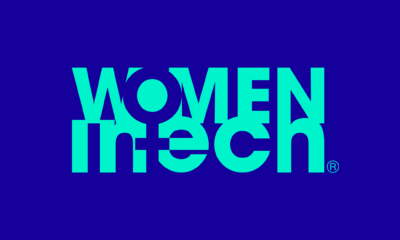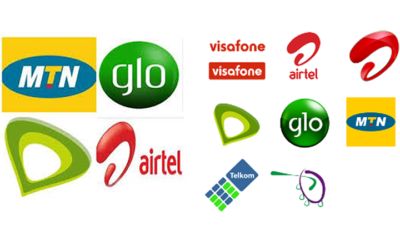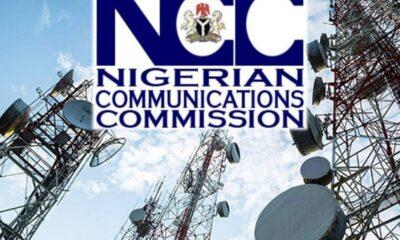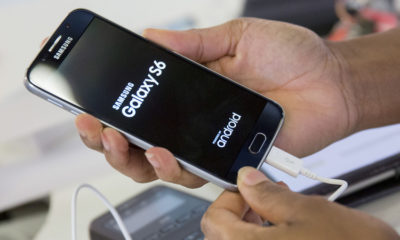- Mobile Communication: Nigeria Targets 2020 for 5G Deployment
The Federal Government has begun regulatory and policy framework that will enable the deployment of 5G network by 2020.
Executive Vice -Chairman of the Nigerian Communications Commission, Prof. Umar Danbatta, disclosed the targets in Abuja on Thursday at a sensitisation workshop organised by the Global System for Mobile Association in collaboration with NCC.
Five G technology stands for fifth generation wireless system that has the capacity to offer subscribers incredible broadband speed. It is expected to drive applications such as driverless cars and Internet of things.
Addressing journalists on the level of readiness of the country for the roll out of 5G connectivity, Danbatta 5G trials had started at the Eko Atlantic city in Lagos.
He said, “We are getting ready. 2020 will determine whether Nigeria will join other nations to roll out some 5G services or not. We will see. It all depends on readiness of the operators. The 5G spectrum bands will not be assigned to any operator for the deployment of any other services except 5G.
He added that three spectrums – 26GHz, 38GHz and 42GHz – had been reserved for use in the roll out of the advanced technology.
The GSMA identified modernised regulation and policy reform as an important enabler for boosting Nigeria’s digital economy and accelerating Internet access for millions through increased mobile broadband penetration.
The association, in its ‘Spotlight on Nigeria: Delivering a Digital Future’, report unveiled at the event, noted that Nigeria’s mobile market contributed $21bn to Gross Domestic Product in 2017, representing 5.5 per cent of Nigeria’s total GDP.
GSMA added that the country had witnessed the creation of nearly 500,000 direct and indirect jobs from the growth of the digital economy.
“Mobile connectivity has already improved the welfare of millions of Nigerians, opening the door to new digital possibilities and powering the country’s economic development,” said Head of Sub-Saharan Africa, GSMA, Akinwale Goodluck, while presenting the report.
Goodluck said, “For Nigeria to take full advantage of the next phase of its digital transformation, it’s vital that collaboration between industry and government enables the right policy environment for millions more to benefit from ultra-fast mobile broadband.
“If policies don’t keep pace with the needs of society and technological innovation, there is a risk that citizens will be left behind and productivity and competitiveness will suffer.”
In order to boost investor confidence and enable increased connectivity, Goodluck advocated for a review of the current licensing framework and conditions.
Specifically, he called on the NCC to retire the digital mobile licence, the national carrier licence and the international gateway licence.
The GSMA boss recommended elimination of old conditions in the Unified Access Service Licence and migrate many others towards a supplementary general UASL conditions document or to parallel regulations.
He also advised the country to lead the Sub-Saharan Africa region in identifying new frequency bands that 5G would benefit from, especially the 26GHz, 40GHz and 70GHz bands.
With increased spectrum harmonisation and licensing reform, the report said, the country’s mobile penetration would rise to 55 per cent of the population by 2025, with 70 per cent having 3G connectivity and 17 per cent having access to 4G networks.
The report added that only 44 per cent of mobile subscribers in Nigeria were using 3G technology while four per cent were using 4G technology, compared to over 18 per cent 4G penetration in South Africa and 16 per cent in Angola.
Also speaking at the event, Chairman of the Association of Licensed Telecommunications Operators of Nigeria, Mr Gbenga Adebayo, called on NCC to work for free right of way for telecommunications operators and impose rollout obligations on operators.
He said free right of way would do more good to the telecommunications operators than the subsidy which NCC had offered to infrastructure operators.

 Naira4 weeks ago
Naira4 weeks ago


 Naira4 weeks ago
Naira4 weeks ago


 Naira3 weeks ago
Naira3 weeks ago


 News4 weeks ago
News4 weeks ago
 Travel4 weeks ago
Travel4 weeks ago




 Naira3 weeks ago
Naira3 weeks ago


 Jobs3 weeks ago
Jobs3 weeks ago
 Naira3 weeks ago
Naira3 weeks ago




















